Gut feelings are often dismissed as mere superstition, yet science increasingly reveals tangible explanations for these instincts. Rather than random, these sensations stem from intricate connections between the brain, the digestive system, and subconscious mental processes.From microbial activity in our gut to rapid pattern recognition deep within our brains, gut instincts are rooted in authentic, measurable phenomena. This article explores 15 compelling scientific reasons why our intuition can sometimes point us in the right direction—shedding light on what’s really happening when we trust our gut.
1. The Gut-Brain Axis
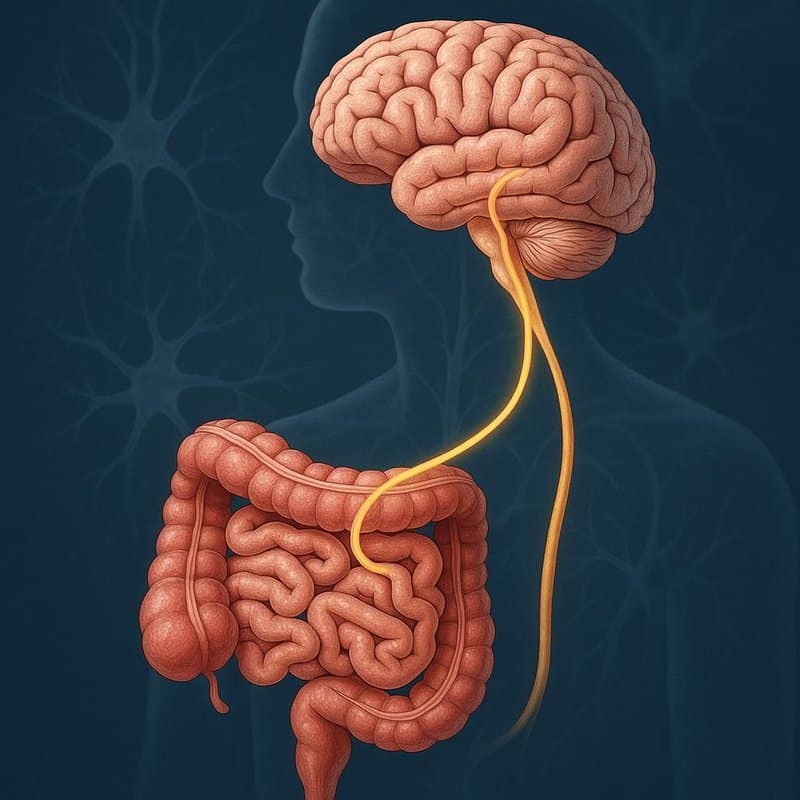
The gut-brain axis is a complex, two-way communication system connecting your digestive tract and brain. The vagus nerve acts as a direct highway, rapidly transmitting chemical and electrical signals between these organs. This interaction greatly influences emotions, decision-making, and even how we perceive the world, giving a scientific foundation to ‘gut feelings.’ Disturbances in this axis are associated with anxiety and depression, showing its significance in mental health. Learn more about this remarkable connection from Harvard Medical School.
2. Subconscious Pattern Recognition
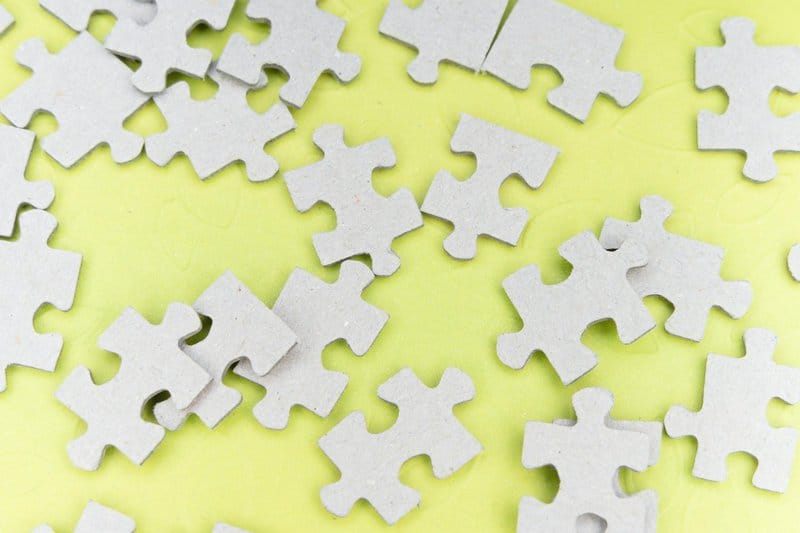
Our brains are wired to process patterns beneath conscious awareness, enabling us to make quick, intuitive judgments based on experience. This subconscious pattern recognition often surfaces as a gut feeling, guiding choices before deliberate thought intervenes. Experts like seasoned chess players or first responders frequently trust these instincts, refined through years of repetition. For a deeper dive into this fascinating process, visit Scientific American.
3. Microbiome Influence
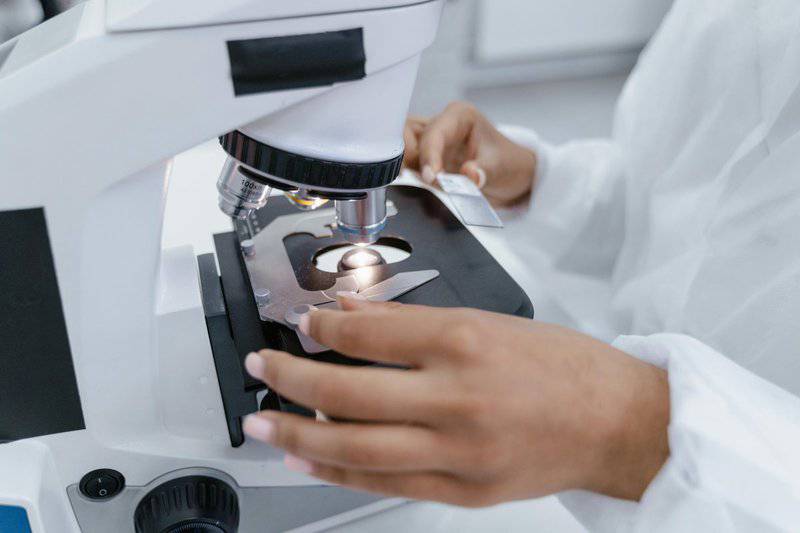
The trillions of microbes inhabiting our digestive system—our microbiome—play a surprising role in shaping mood and perception. These microbes produce neurotransmitters like serotonin, which influence how we feel and interpret the world. Disruptions in this delicate ecosystem are linked to anxiety, stress, and changes in gut feelings. Emerging research indicates that shifts in gut bacteria can even impact our instinctive reactions. Discover more about the brain-gut connection at Johns Hopkins Medicine.
4. Emotional Memory Storage

Emotional memories are embedded not just in the brain but throughout the body, subtly shaping our reactions to new experiences. When a situation echoes a past emotional event, our bodies may produce a gut feeling—serving as an internal signal of caution or encouragement. This process, often called somatic memory, helps explain why certain people or places provoke powerful, instinctive reactions. For a deeper understanding, see Psychology Today.
5. Hormonal Fluctuations

Hormones such as cortisol and adrenaline surge during moments of stress, directly affecting both our gut sensations and the speed of our decisions. These hormonal changes can heighten gut feelings, especially in urgent or threatening scenarios. A sudden feeling of unease, for example, may be triggered by a spike in stress hormones. To explore how hormones impact intuition, visit Verywell Mind.
6. Evolutionary Survival Instincts

Gut feelings are believed to be an evolutionary adaptation, helping our ancestors react swiftly to threats without pausing for analysis. These hardwired instincts enable rapid choices in uncertain or risky situations even today—such as sensing danger in unfamiliar places. For a deeper look at the evolutionary science behind intuition, read National Geographic.
7. Rapid Emotional Processing (Affective Primacy)

The affective primacy hypothesis proposes that our emotions are processed before rational thought, often steering our responses in a split second. This quick emotional processing is central to gut feelings, letting us instantly sense danger or opportunity. Think of an athlete making a game-changing move or a commuter feeling instinctive unease—both are classic manifestations. For foundational research on this topic, visit APA PsycNet.
8. Interoception (Sensing Internal Signals)
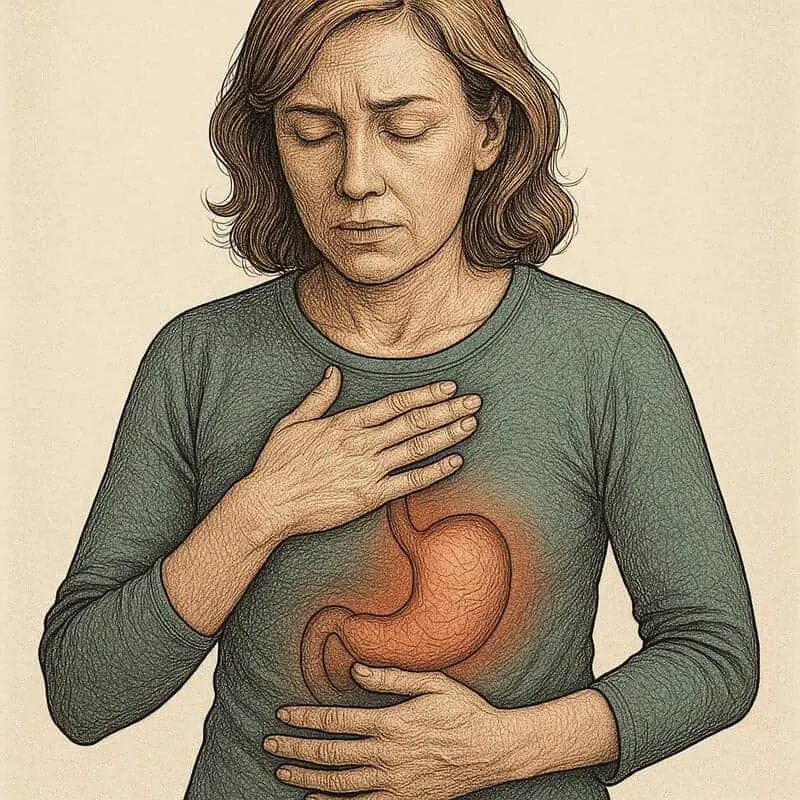
Interoception refers to our ability to detect internal bodily sensations—like changes in heartbeat or gut tightness. Individuals with heightened interoceptive awareness are especially attuned to these subtle cues, making their gut feelings more vivid and accurate. While this sensitivity can sharpen intuition, it can also increase vulnerability to anxiety. For a deeper dive into how this hidden sense shapes our well-being, see The Guardian.
9. The Role of the Enteric Nervous System
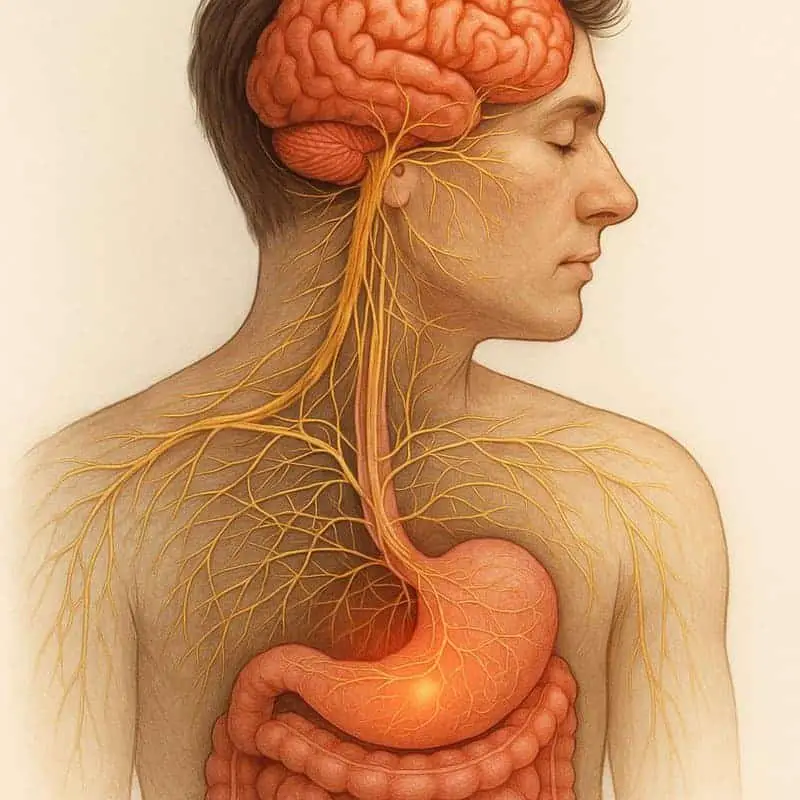
Often called the “second brain”, the enteric nervous system is a vast network of neurons that controls gut function and communicates with the central nervous system. Operating mostly on its own, it can spark gut feelings—especially in stressful or emotional moments—by sending direct signals to the brain. Some scientists suggest this neural complexity explains why intuition is frequently experienced as a sensation in the stomach. For a closer look, visit Cleveland Clinic.
10. Priming and Suggestion Effects

Exposure to specific words, images, or scenarios can unconsciously prime our minds, subtly influencing gut reactions. For example, learning about a scam may make you feel more suspicious in a similar situation, shaping your intuition. These priming effects are well-established in psychology. To learn how priming impacts perception and behavior, visit Simply Psychology.
11. Stress and Anxiety Responses

During periods of stress or anxiety, the body releases chemicals that heighten alertness, often producing distinct ‘gut-wrenching’ sensations. These reactions serve as internal warning signals, urging us to exercise caution or avoid certain situations. Though not always precise, such feelings are powerful motivators and can strongly influence behavior. For more on the physical effects of stress, see Mayo Clinic.
12. Implicit Learning

Implicit learning happens when the brain absorbs rules and patterns without our conscious awareness, subtly guiding choices and judgments. This type of unconscious knowledge is a powerful driver of gut feelings, especially in complex or fast-paced environments like games or social situations. For instance, a poker player might sense a bluff instinctively. Explore the science behind implicit learning at Frontiers in Psychology.
13. Heuristics and Mental Shortcuts

Heuristics are mental shortcuts the brain uses to simplify complex decision-making, often surfacing as quick, intuitive judgments. While they speed up our responses, heuristics can sometimes introduce biases or lead to mistakes. A common example is the availability heuristic, which causes people to overestimate the likelihood of events they’ve recently encountered. Learn more about heuristics at Khan Academy.
14. The Power of Experience

With repeated exposure to similar scenarios, expertise develops and gut reactions become both faster and more accurate. Skilled professionals often appear to instinctively know the right move—thanks to years of experience refining their intuition. This process makes intuitive decision-making more reliable over time. Explore experience-based choices at Harvard Business Review.
15. Body Language and Environmental Cues

Our brains continuously process subtle signals from body language, tone, and the environment—often without conscious awareness. A quick glance, a slight change in posture, or a shift in atmosphere can spark strong gut instincts about safety or trust. These subconscious cues frequently guide more accurate judgments than deliberate analysis. For more on nonverbal influence, visit BBC Future.
Conclusion
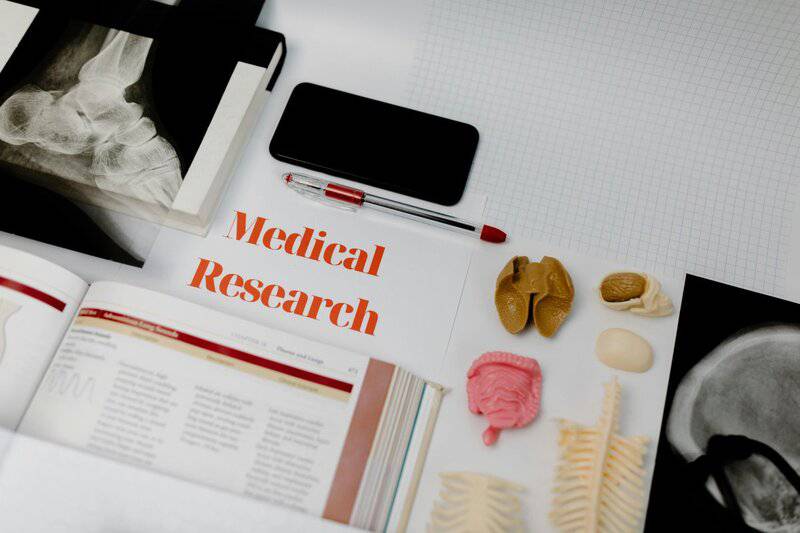
Gut feelings are not merely superstition—they’re the result of a dynamic interplay between our biology, subconscious mind, and accumulated experiences. By understanding the scientific roots of intuition, we can better appreciate its value in decision-making and become more adept at distinguishing useful instincts from misleading ones. As ongoing research continues to unravel these mysteries, we’re reminded of the incredible sophistication and subtlety of the human mind and body. Trust your gut—but let science guide you, too.
.article-content-img img { width: 100% }

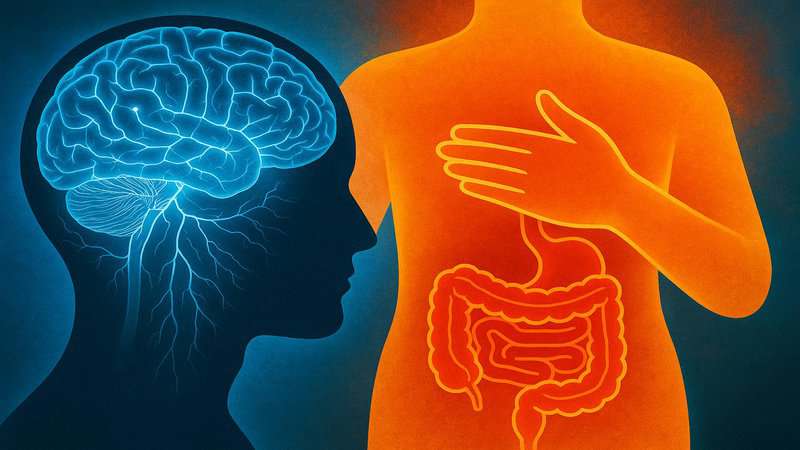

Vielleicht interessiert es Sie:
13 Extraordinary Giants Ready to Blow Your Mind! 🌍
10 Chonky Oddities That Will Leave You Speechless! 🤯
9 Unbelievable Absolute Units That Will Leave You Speechless! 🌟
10 Colossal Creatures That Will Leave You Speechless! 🐻
12 Shocking Absolute Units You’ll Have to See! 😲
12 Epic Absolute Units That Will Challenge Your Perceptions! 🔥
Uncover the 11 Ultimate Massive Oddities That Awe! 🌍
9 Unbelievable Oddities That Redefine ‚Massive‘! 🐉💎